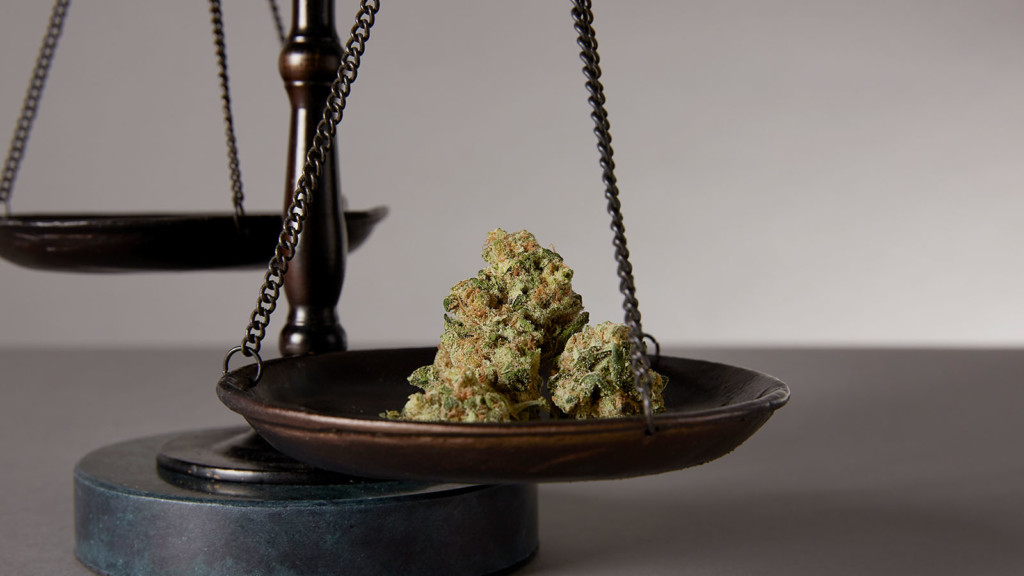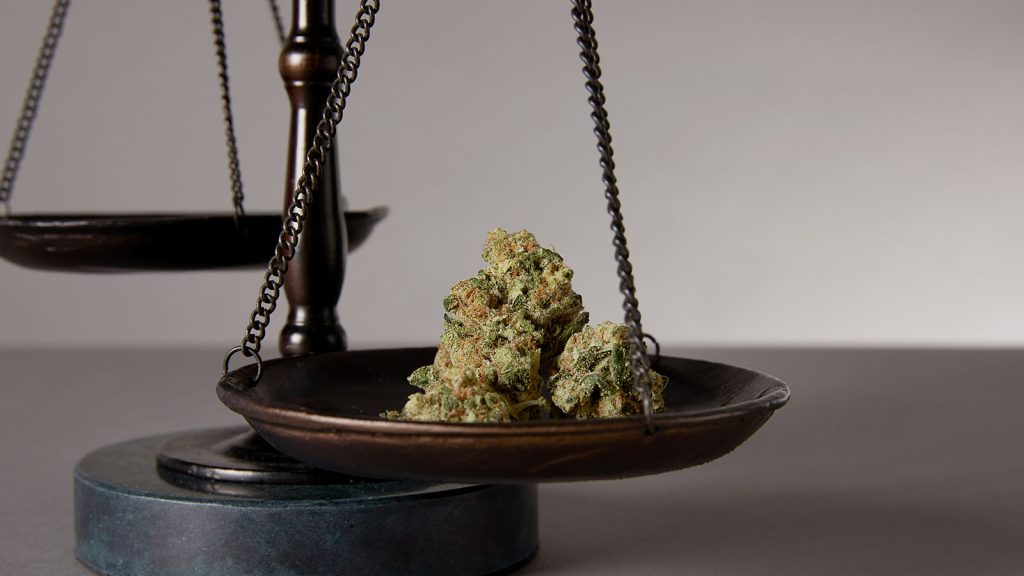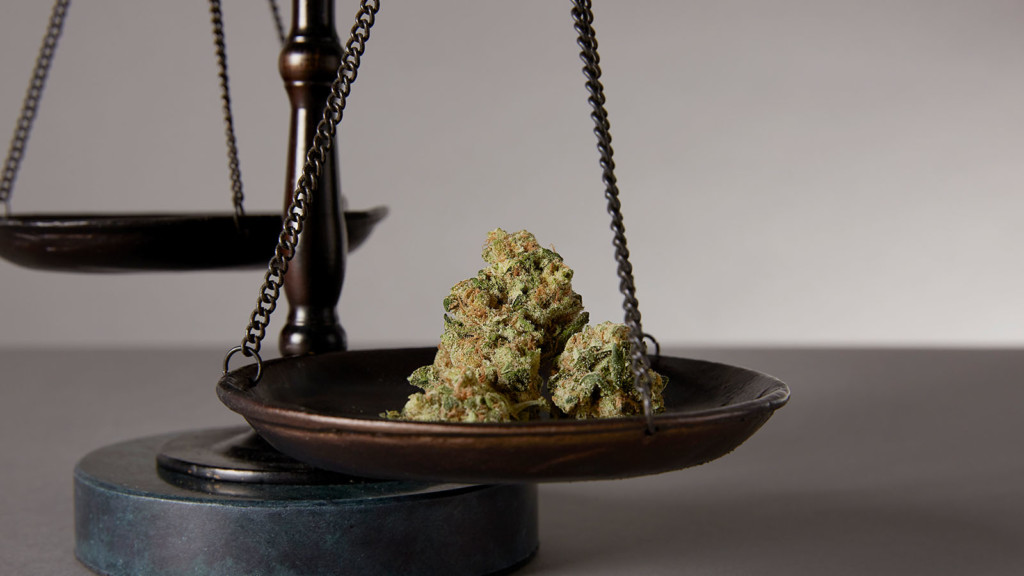In a rare show of bipartisan cooperation, Congress members signed into law the first significant criminal justice reform bill in a generation on Dec. 21, 2018.
The First Step Act of 2018, which passed overwhelmingly in the Senate and the House, will reduce life sentences for some drug offenders and could free up to 4,000 prisoners with good behavior. Among other things, the bill prohibits the shackling of women during childbirth.
“The First Step Act is a victory for all Americans who believe in justice and the power of redemption,” said Democratic New York Rep. Hakeem Jeffries, who co-authored the bill along with Republican Rep. Doug Collins of Georgia. The new law is based on the House bill that passed in May, the Formerly Incarcerated Reenter Society Transformed, Safely Transitioning Every Person (FIRST STEP).
Jeffries, the incoming Democratic Caucus Chair, said in a statement that the legislation will propel formerly incarcerated individuals toward success when they return home, while enacting targeted reforms that would improve public safety and reduce recidivism. He elaborated in a tweet: “Next step, Congress should DECRIMINALIZE MARIJUANA.”
Thanks to @RepDougCollins @RepRichmond, the administration and a strong left-right coalition (the unusual suspects), historic criminal justice reform legislation is now law. Next step, Congress should DECRIMINALIZE MARIJUANA #FirstStepAct #EndMassIncarceration pic.twitter.com/PpJ1uku53C
— Hakeem Jeffries (@RepJeffries) December 21, 2018
While the First Step Act doesn’t meet all of the goals of prison-reform advocates, it includes substantial changes designed to address some systemic unfairness and overly harsh sentencing, they said. New reforms include:
- More racially equitable drug sentencing laws.
- Expansion of early-release programs based on good behavior.
- Ending solitary confinement for juveniles in nearly all cases.
- Shortening the mandatory minimum “three strikes” penalty from life in prison to 25 years.
- Reducing the mandatory minimum sentence for felony drug offenses from 20 years to 15 years.
“Among the most important elements in First Step is that we’ve brought prison reform into the consciousness of our lawmakers as well as society,” said Michael Deegan-McCree, policy associate of Cut50, an initiative of The Dream Corps co-founded by Van Jones and Jessica Jackson Sloan.


Deegan-McCree told Weedmaps News that First Step will ensure that prisoners are treated like human beings by providing them with training and educational programs while incarcerated, “to make them the best they can be when they’re released. This is an effective guarantee against recidivism and supports public safety … the main goals of Cut50.”
However, the bill affects only the federal prison system, which comprises 180,429 people according to the Federal Bureau of Prisons, out of the U.S.’s entire jail and prison population of nearly 2.3 million people.
How many so-called pot prisoners will benefit? None whom anyone knows of just yet, much to the disappointment of their families.
“The First Step Act is a lifesaver for many with determinate sentences who will now be eligible for more days of good time each year,” Beth Curtis, sister of pot lifer John Knock, told Weedmaps News.
“But it doesn’t do a thing for any of the marijuana offenders with life sentences, although now that it has passed there should be more attention paid to those left behind who need commutations.”
Amy Povah, director of the Can-Do Foundation who was directly involved in the White House negotiations that led to the signing of First Step Act, said she and other advocates are petitioning President Donald Trump and are still hoping for clemency for pot prisoners.
“A lot of people are disappointed and some even critical, but we still feel there’s a lot to celebrate with First Act. This is the most significant criminal justice reform in years and it’s only the beginning,” Povah said.
She told Weedmaps News that they’re already moving onto the Second Step. She expects to be back in the White House in January 2019.
“In the Second Step, we’re going to be talking about clemency for pot prisoners and lifers, non-violent offenders and getting the elderly released,” she said.
Can-Do is circulating a Change.Org petition asking Trump to release all federal marijuana prisoners, Povah said.
Another possible goal for Step Two is to unravel the conspiracy statutes that can transform a low-level offense into a felony.
McCree said the same coalition of criminal justice reform advocates who pushed First Step into reality are now working on the Second Step, the most important element of which is implementation.
“Implementation is key. Step Two has to stand on the shoulders of Step One and that includes standardizing prison reforms at all levels — local, state and federal — across the country,” McCree said.
“And, for the first time ever, members of both parties don’t have to worry about losing their seats because they support criminal justice reform.”











